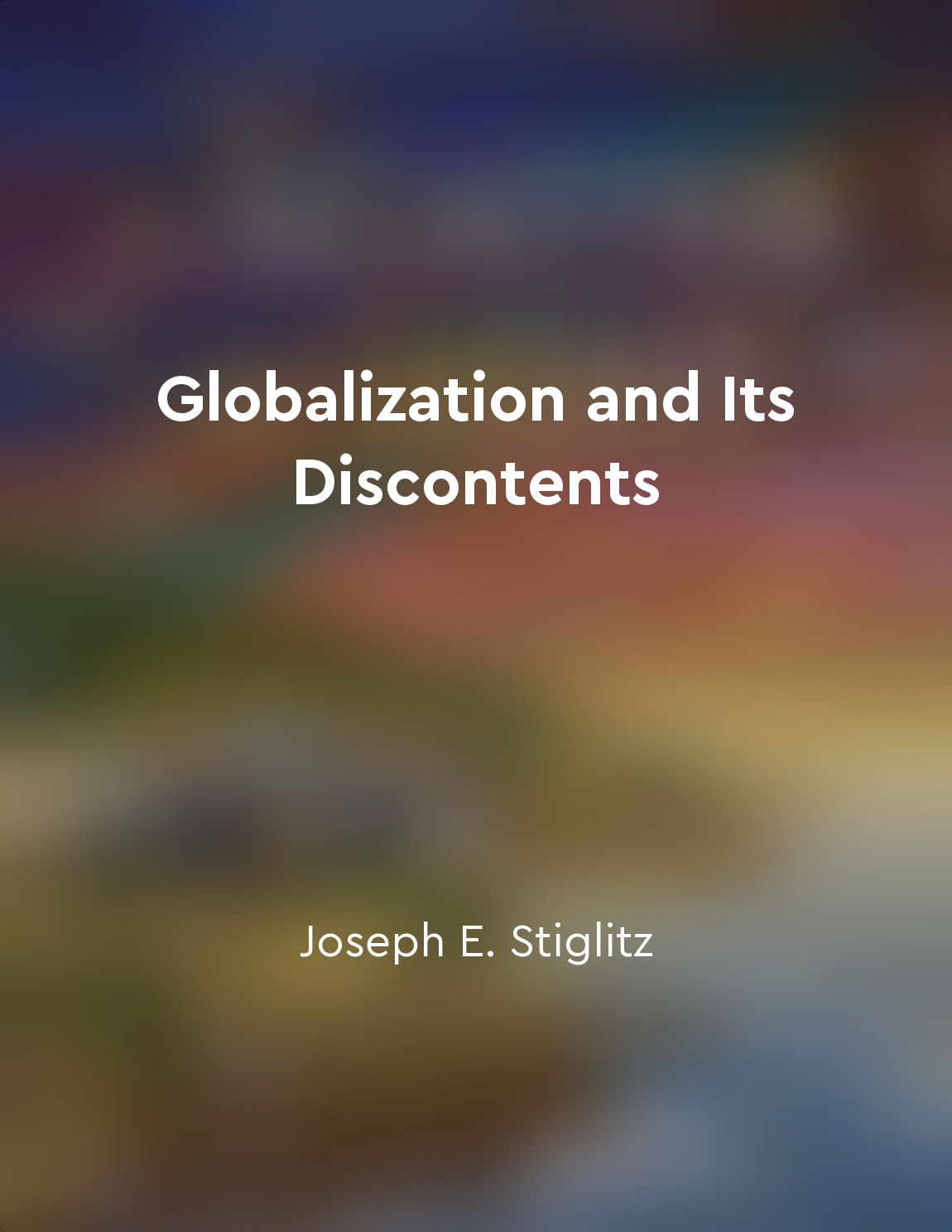Labor laws respond to financial changes from "summary" of Labor in the Age of Finance by Sanford M. Jacoby
Labor laws are not static. They are not set in stone, unchanging and inflexible. Rather, they are dynamic and adaptable, responsive to the ever-shifting landscape of the financial world. As financial markets evolve, as economic conditions fluctuate, as new forms of capital and investment emerge, labor laws must adjust accordingly. This responsiveness is not merely a matter of keeping up with the times. It is a fundamental aspect of the relationship between labor and finance. Labor laws are, at their core, a reflection of power dynamics in the economy. They are the product of negotiations and struggles between workers, employers, and the state. As such, they are shaped by the distribution of power in the financial system. When financial changes occur, they inevitably impact this distribution of power. New...Similar Posts

The financial sector has become too dominant in the global economy
The dominance of the financial sector in the global economy has reached unprecedented levels, exerting immense influence over g...
Capitalism's evolution impacts labor dynamics
As capitalism evolves, the dynamics of labor are inevitably affected. This evolution is driven by various factors such as techn...
Indigenous rights must be respected
The struggle for Indigenous rights has been a central feature of resistance against colonialism and capitalist exploitation. In...
Horrors of economic inequality and social injustice
The harsh reality of the world lay bare before Jurgis Rudkus as he trudged through the meatpacking district of Chicago. The ste...
The Industrial Disputes Act, 1947 provides mechanisms for resolving conflicts
The Industrial Disputes Act, 1947 plays a crucial role in the realm of industrial relations by providing mechanisms for resolvi...
Betrayal and disillusionment among the working class
The working class in America has been deceived and left in a state of despair. They toil day in and day out, only to be met wit...
